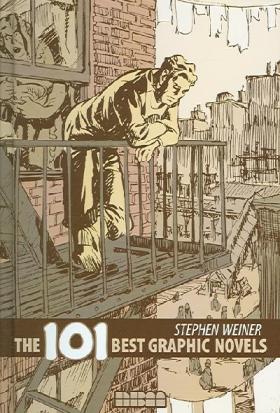I should mention that I’ve never had an agent. I sold my first (and only, so far) novel to St. Martin’s Press a long time ago without one. It is possible that I should have had an agent. It is likely. I don’t know.
I’m planning to self-publish my second novel. This is not because I have been rejected roundly by “real” publishers. I’ve rejected them roundly, I guess, though not angrily.
After my disappointing experience with St. Martin’s (the world did not rise up and kiss my ass upon publication of my book), I decided that that whole scene was not for me. There were so many things I didn’t like about the experience that writing books and having them published just dropped off of the list of my personal ambitions for a couple of decades. I didn’t like having to wait 9 months until the book came out. I didn’t like hearing nothing about sales except once a quarter, and only getting a vague little tiny piece of information then. I didn’t like the small advance I was being offered for my next book. I didn’t like the lack of feedback, generally.
I am not saying I was made miserable, or mistreated. I’m just saying the experience itself was not particularly exciting or fun, after that first flush of victory when the book came in the mail. It was a huge crashing letdown, actually, to see how little it matters that you have had a book published by a major publisher. The book went out there and then it was gone. Boom. Thud. I felt like I would probably have reached more people standing in the street reading it aloud. And I probably would have made as much money. I would definitely have gotten more feedback.
This was a long time ago, and I didn’t have any other options. My street-reading idea was impaired by my shyness, as well as the fact that I lived in a fairly rural place, where there’s not a tradition of street theater, so I just moved on to another career: making websites. This turned out to have a much more satisfactory feedback loop, in terms of money, and in terms of attention, and in terms of feeling like I was having an impact on the world.
I’ve been told that what I should have done was write another book, and another, and another, and another, very quickly, and I would have eventually built up the kind of audience that would have given me the feedback loop and financial rewards I craved. Fine. I can accept that. But I didn’t do that. That path is not currently open to me.
I’ve decided to write a novel again. I’ve been working on it for a couple of years. I do not intend to submit it to book publishers, big or small, for publication. That just doesn’t interest me. I do hope to make a bit of a small business out of it (I’ve made small businesses before, out of websites that I created — it’s what I do), but I think that I could use some help, maybe in the form of an agent.
Despite the generic meaning of “agent,” though (somebody to act on my behalf — in this case, in business matters), it seems to me that most (all?) literary agents serve primarily as gatekeepers to book publishers. As mentioned before, I don’t want that. Just don’t need it. That business model is fine, it’s just not for me.
I’d like a good editorial sounding board who is market-aware and market-minded (this will sell, this won’t sell); a person who could help me negotiate contracts (not with publishers, but with vendors and contractors and so on); someone who is well-connected in the media, and who could help me drum up PR. That stuff. I believe that those are all secondary functions of agents today. Right?
I just don’t need the one thing agents do that they actually get paid to do, which is sign a deal with a publisher.
Would an agent be willing to forego the gatekeeping-to-publishers role in order to do these other things for me? And if so, under what terms? And how would I evaluate which one to hire?
I have no idea. I guess I’ll have to do it myself.
What do you think?
38.233552
-85.741817

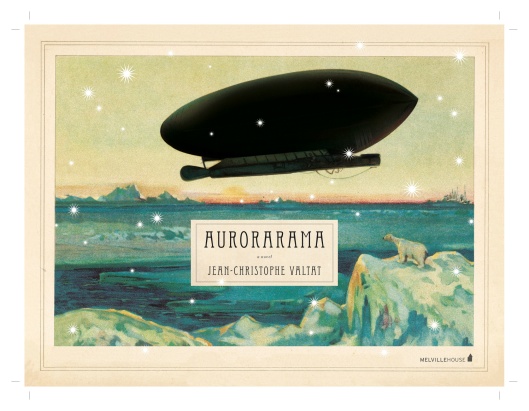
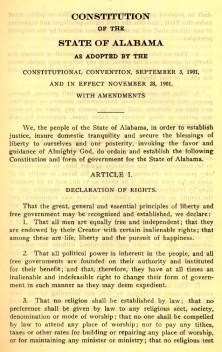
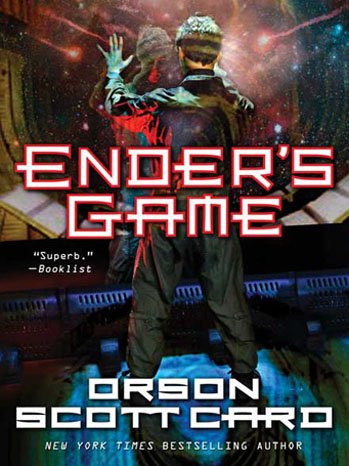
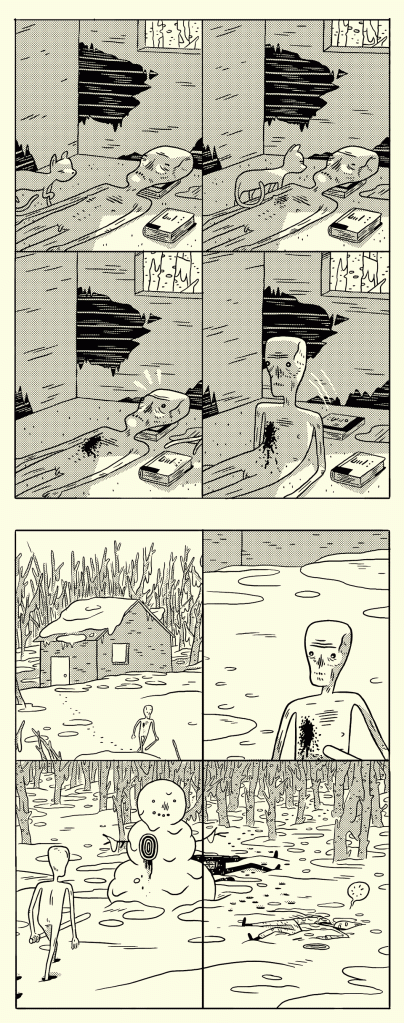
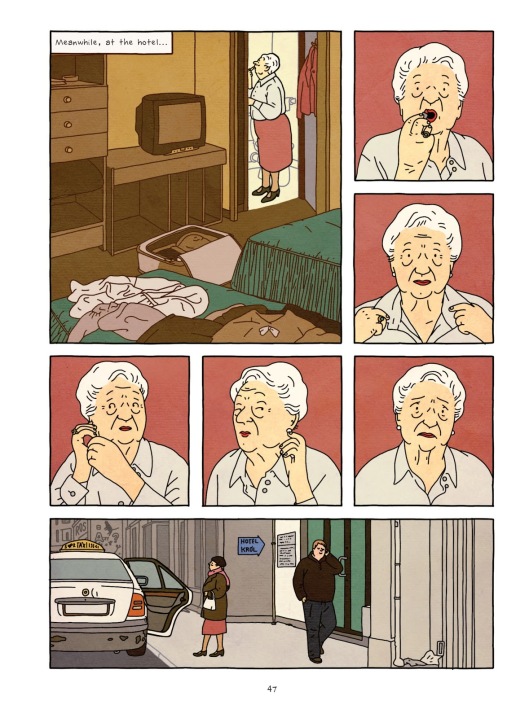
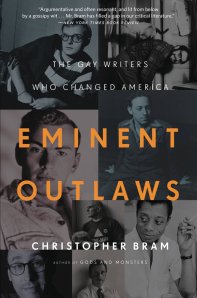 What this does is perpetuate the myth that you can’t possibly be a good writer if you don’t already have famous writer friends, and the related myth that you have to be upper-middle class (or at least middle class with enough pretension and education to “fake” upper middle, like White) and live in a cultural capital like New York, San Francisco, or Paris, in order to make a name for yourself.
What this does is perpetuate the myth that you can’t possibly be a good writer if you don’t already have famous writer friends, and the related myth that you have to be upper-middle class (or at least middle class with enough pretension and education to “fake” upper middle, like White) and live in a cultural capital like New York, San Francisco, or Paris, in order to make a name for yourself.